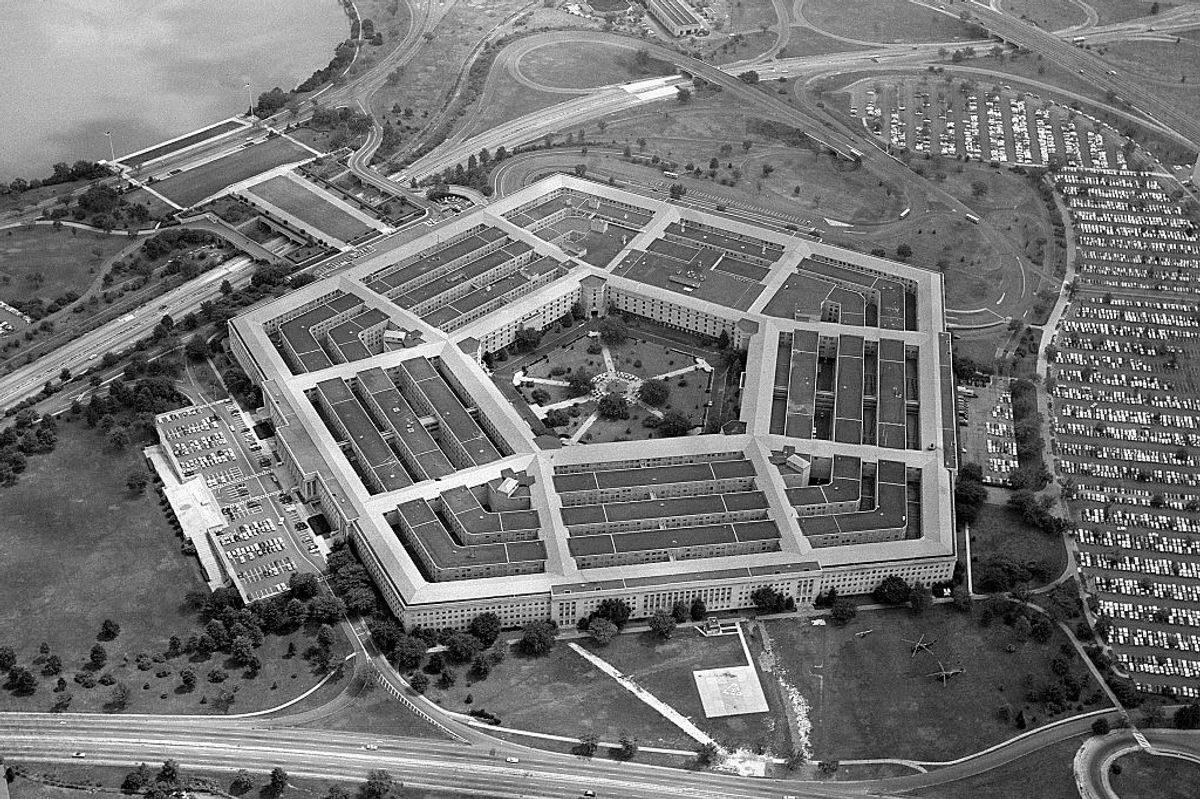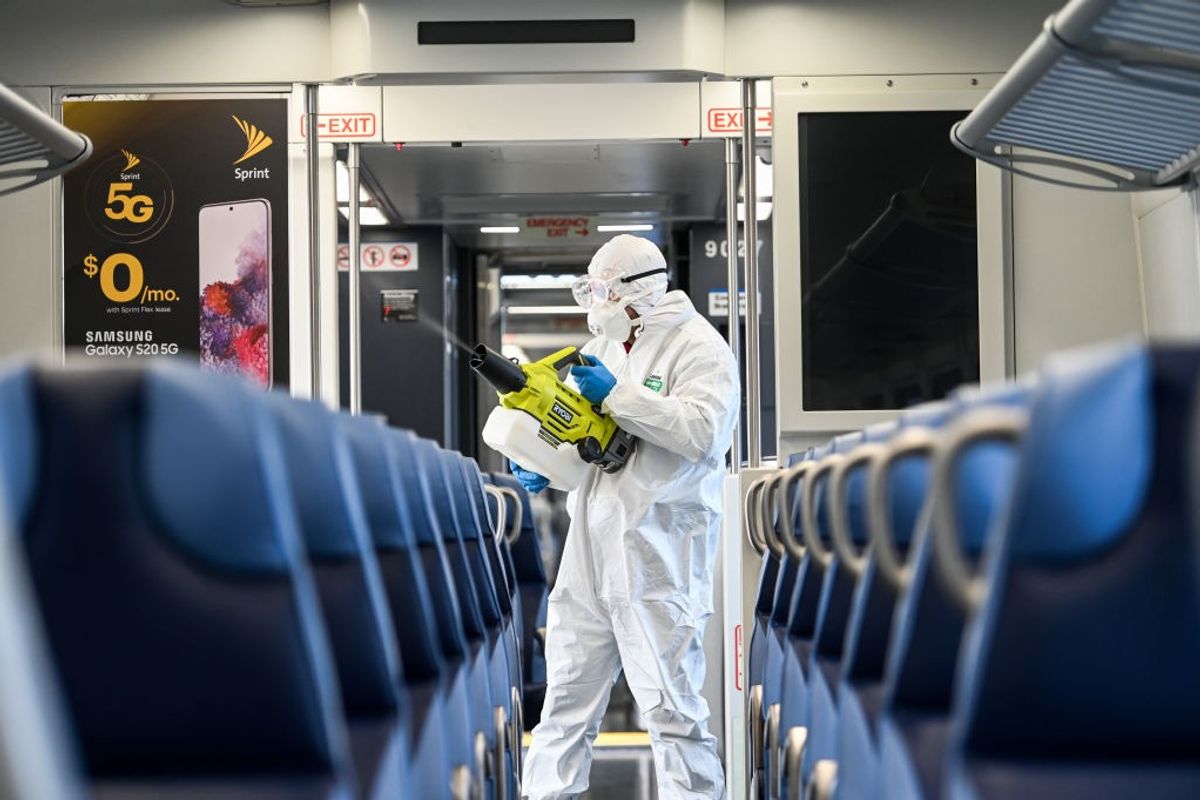I’ve spent almost two decades living in other countries and can assure you that in most countries, there is no clear path for foreign-born inhabitants to acquire citizenship and hold office. In fact, even buying property is problematic in many of these countries.
Except for the president and vice president, who must be natural-born citizens (Article 11, Section 1, Clause 5 of the Constitution), naturalized citizens can hold offices in the Congress and in federal, state and local governments. Indeed, Madeleine Albright, a naturalized citizen born in Czechoslovakia, was Secretary of State and Henry Kissinger, born in Germany, was National Security Advisor and Secretary of State and Elaine Chao, born in Taiwan, was Secretary of Labor and Transportation. These are just a few prominent Americans who became naturalized citizens and went on to serve our country with distinction.
Currently, Ilhan Omar, born in Somalia, is a member of the House of Representatives from Minnesota and Senator Mazie K. Hirono, born in Japan and representing Hawaii, are two of 30 members of the 119th Congress who were not born in the U.S. The list of naturalized Americans who contributed to our nation’s economic growth, academic excellence, athletic prowess and the arts is awe-inspiring. Indeed, our country’s open-door policy has contributed to making the U.S. the “shining city on a hill.”
This open-door policy of legal migration has served our Republic well. What our elected officials must ensure is that we continue to care for all the people and that we ensure that terrorists, narco-traffickers, criminals and state-supported proxies are prevented from entering our country and causing harm to our people and institutions.
The Cipher Brief brings expert-level context to national and global security stories. It’s never been more important to understand what’s happening in the world. Upgrade your access to exclusive content by becoming a subscriber.
This is a list of just a few of the domestic law enforcement issues requiring immediate attention from federal, state and local authorities, and the representatives elected by the people to ensure that the proliferation of crime in the U.S. is managed on a priority basis.
- Drug Trafficking: There are over 100,000 overdose deaths annually, largely driven by synthetic opioids like fentanyl, methamphetamine, cocaine and heroin entering the U.S. from Mexico, Columbia and South American cartels.
- Human Trafficking and Exploitation: Transnational criminal networks traffic migrants, women, and children for labor and sex across borders, including into the U.S.
- Cybercrime and Financial Theft: Russian, Chinese, North Korean and East European cybercriminal groups target U.S. individuals, corporations, and infrastructure with ransomware attacks, identity theft, and bank fraud, costing U.S. companies and consumers tens of billions of dollars annually. Such cyberattacks also threaten critical infrastructure – energy grids, hospitals, and water systems.
- Money Laundering and Corruption: Criminal organizations launder billions through U.S. real estate, shell companies, cryptocurrency, and luxury goods.
- Threats to National Security: Transnational criminal groups often collaborate with hostile states or terrorist networks, often blurring the line between organized crime and geopolitical conflict.
- Economic and Social Costs: Drug deaths, cyber losses, law enforcement costs, and social disruption likely exceed hundreds of billions of dollars annually, with communities suffering from increased violence, addiction, and corruption.
Despite the efforts of the FBI, DEA, DHS and Treasury, the adaptability of criminal groups and the global nature of technology and finance - and the support of countries determined to cause harm to the U.S. -- makes enforcement increasingly difficult.
The U.S. experiment with an “open door policy” for legal migration to the U.S. has been a great success. It is why the U.S. is the “shining city on a hill.” But we should not take this for granted. We and our elected representatives must work even harder to rid the country of organized crime and defeat our adversaries who wish for us harm.
This column by Cipher Brief Expert Ambassador Joseph DeTrani was first published in The Washington Times
Read more expert-driven national security insights, perspective and analysis in The Cipher Brief because National Security is Everyone’s Business.













